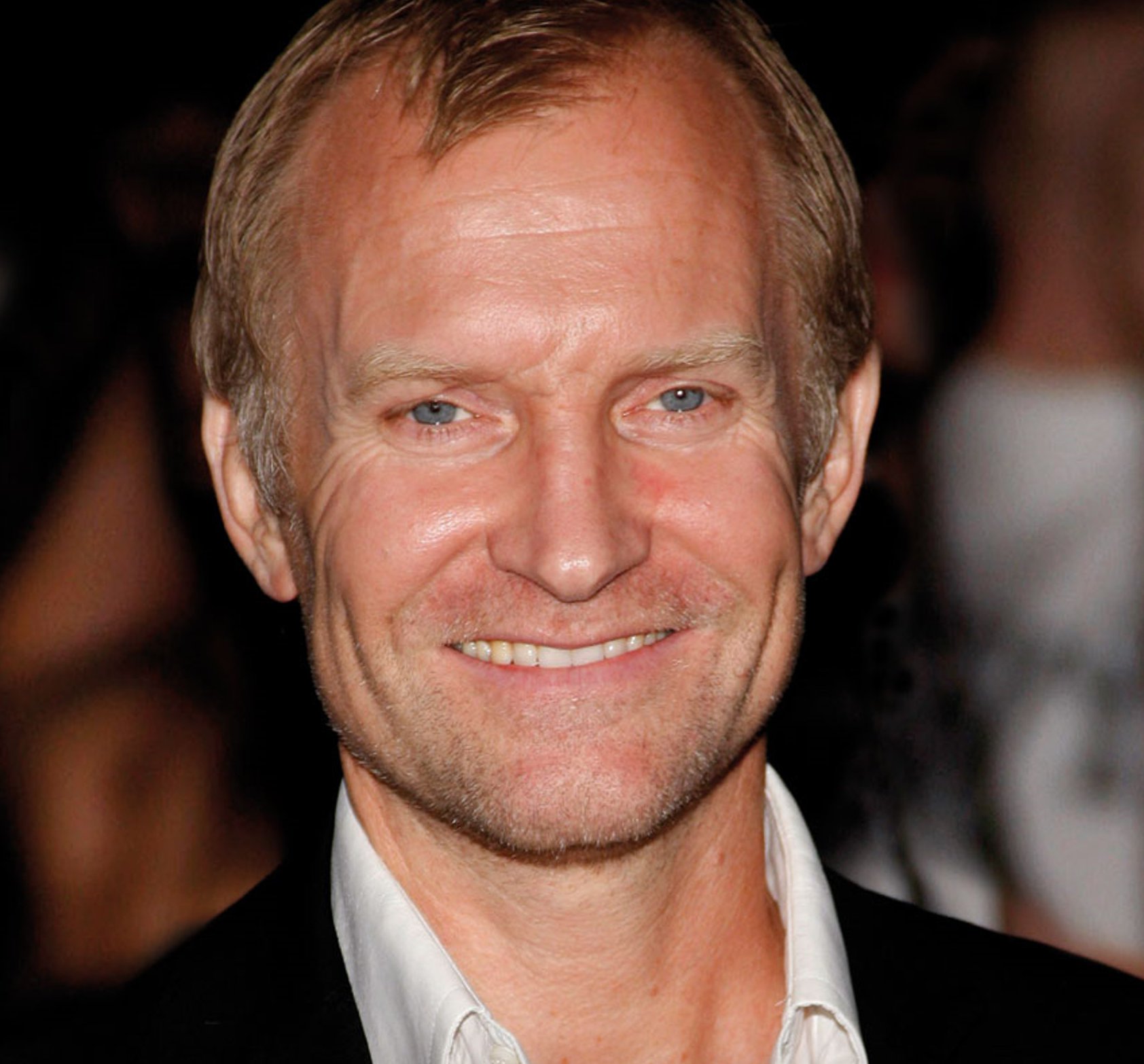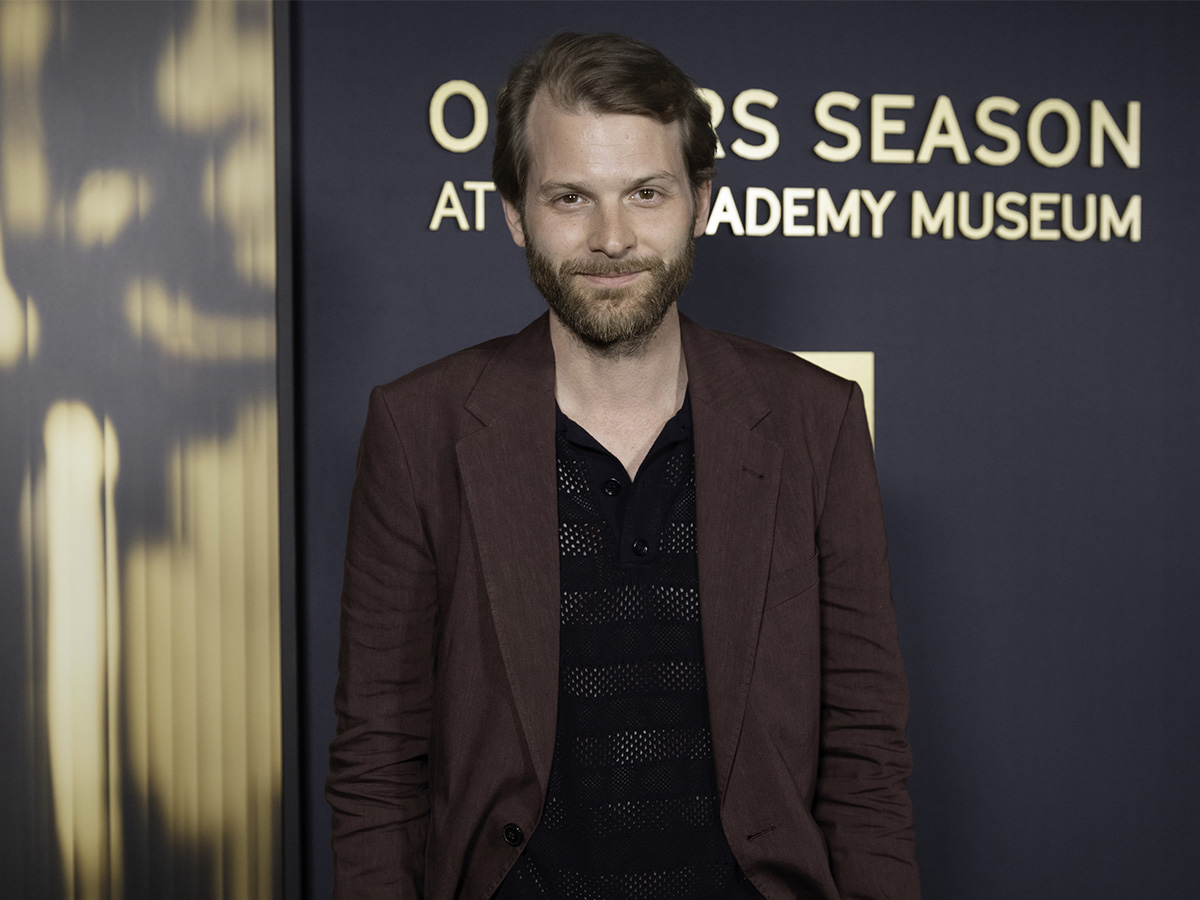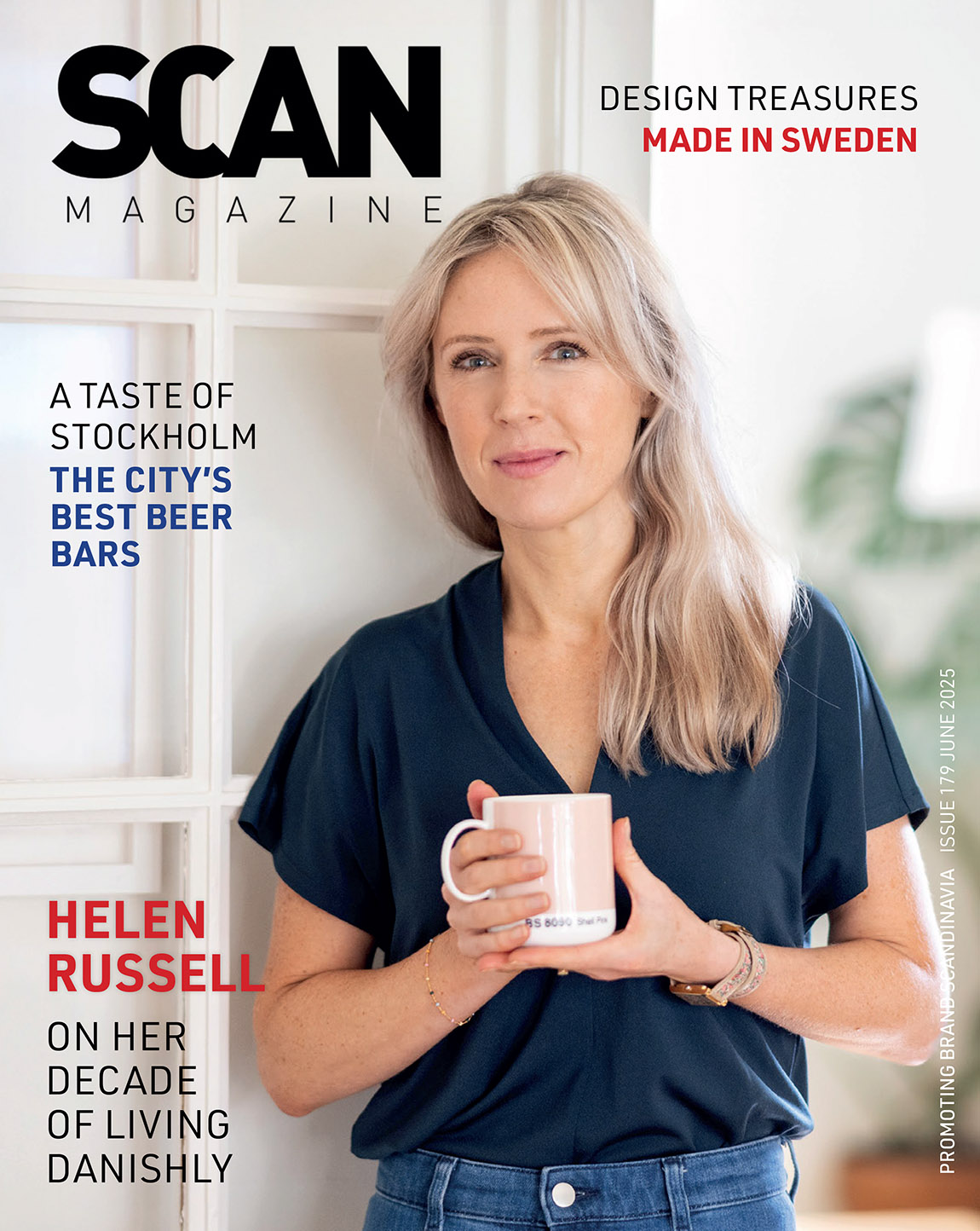Ulrich Thomsen: Hollywood Dane coming home

Eighteen years since his break through as Christian in the Dogma film Festen (The Celebration), Denmark’s favourite Hollywood star returns home for another Thomas Vinterberg production. Scan Magazine spoke to Ulrich Thomsen about playing crime lord Kai Proctor, the directing learning curve, and what sausages can teach us about racism.
“It was with Thomas that it all started forme,” says the now internationally celebrated Danish actor Ulrich Thomsen. You may know him from the James Bond instalment The World is Not Enough (1999), or Killing Me Softly (2002), or perhaps as lead villain Kai Proctor from the Cinemax series Banshee. But it was with director Thomas Vinterberg’s 1998 Dogma creation, Festen (The Celebration), that Thomsen got his breakthrough as Christian. Thomsen’s character is a young man who attends his father’s 60th birthday party only to publicly accuse him of sexually abusing him and his twin sister, who has recently committed suicide. The film won countless prestigious accolades, and Thomsen was named Best Actor in a Leading Role twice.
This year, Denmark gets a piece of its hero yet again, as Thomsen stars in Vinterberg’s latest film, Kollektivet (The Commune). “This is the first thing we do together since Festen – and it’s been 18 years,” says Thomsen. “But it felt like it was yesterday. It was like returning home.” Kollektivet sees Thomsen play a man who, in the 1970s, inherits a house that his wife wants to turn into a commune. Sceptical at first, he agrees to give it a shot. “It’s about a family struggling to adapt to new times, and the pain of splitting up. But it’s also about the idea of living together, caring for each other and letting each other in, which is something the world today needs to be reminded of,” says Thomsen, adding: “I sincerely hope it doesn’t take another 18 years for us to work together again, because I think we’re good together.”
From heightened reality to heightened poetry
The past few years have seen Thomsen busy acting the bad guy as part of the action crime drama series, Banshee. His character, local crime lord Kai Proctor, has had a tough third season and faces season four, which kicks off on 1 April this year, having lost his mother, been locked up in jail, kidnapped and badly beaten. “He’s going through turmoil – life hasn’t turned out the way he expected it,” says Thomsen in an accent that could have been lifted from the series. “But he’s trying to get his life back on track. It’s Banshee and it’s heightened reality, so there’s still going to be a load of fighting, drinking, girls taking off their clothes…” But Proctor is far more than tough, the actor insists. “The funny thing about this character is that it’s one of the most nuanced characters I’ve played. You only have to shoot someone and you’re a bad guy, but when that stops the screenwriter can play around with the character. Put Proctor in a film and he’ll only be a bad guy, but this is the beauty of a series: there’s psychology underneath.”
In addition to a new Banshee season and the release of Vinterberg’s latest film, 2016 brings Thomsen’s directorial debut with the film In Embryo, which he describes as “a heightened poetic take on the noir genre”. It is a love story of sorts, but a raw and gritty one. Sean and Lilly both carry a great deal of baggage and trauma, and they are desperate for intimacy. Through drugs and destruction, they start an intense relationship tainted by addiction, violence and painful wounds. “It explores what happens if you are exposed to violence or you’re neglected during your upbringing. It’s heavy, and it’s supposed to be – it’s not a Hollywood movie, it’s arthouse,” says Thomsen.“I’ve got two kids of my own, and when I realised the huge responsibility of raising these curious, lovely people, that they’re so dependent on you and even if you’re an asshole they’ll still love you – it’s heart-breaking, they’d find logic in abuse.” He pauses for a moment. “This is what we’re dealing with now with the refugee situation. The first thing we do is we bomb them, but you know, war and violence create more war and violence.”
Writing is something Thomsen was always curious about. “I started when I was in acting school, just bits and pieces, but when you read a script you kind of stage the whole thing in your head anyway. Writing a script is like imagining a story and writing it down, and so I did.” All the work around it, however, was a steep learning curve for Thomsen. He initially got some funding for the film to be produced in Germany, but when co-funding fell through it seemed like the total budget was far too big and the expectations to get famous actors too high. This was before Thomsen got the part in Banshee, so eventually he took a step back, decided to get some perspective, and ended up getting the role of Kai Proctor and heading to America.
Once the rights for the German project ran out, Thomsen went for plan B and called his old friend, indie producer Steve Bakken. “I said to him, ‘I can’t pay you or anything, but do you want to produce this with me?’, and he did. Then we Googled how to make an indie film. I was probably professionally ready by the time we were done – then I was like, ah, I get it now!” It seems apt to suggest that he was inspired by the Danish Dogma tradition. “I guess I am – I was brought up with it,” he ponders. “There’s never enough money for big-budget movies in Denmark, so over the years I think we perfected that arthouse thing.”
A sausage as a peacemaker
The plan is to bring In Embryo to festivals this year, but Thomsen is already onto the next project after getting a taste for directing. “I’m working on a comedy actually, a script I wrote that I want to shoot this year. It’s about sausages and friendships, a sweet comedy about racism,” he explains, so excited he does not seem to notice how odd it sounds.“There’s this guy who has a theory that the sausage is peaceful by nature, that you can’t fight when dealing with sausages. So he wants to open a sausage stand.”Thomsen, it turns out, knows a lot about sausages, and he is convinced that their rational anger and hatred that feed racism can be curbed using the sausage as a peacemaker. “Deep down, the movie is about racism,” he laughs. “When you see it, you’ll understand.”
There is a loud bang and Thomsen excuses himself. “Sorry, I have a thing with craftsmen. I don’t trust them, so when I hear drilling in my wall…” he says. He is back in his Copenhagen home where he lives with his wife and two children– when he is not away filming that is. “I guess it’s an agreement between me and my wife – I go away for five or six months, but then I’m back and I’m not really going anywhere at all. It’s what I do and what I’ve been doing my whole life. I can’t change that,” he says, matter-of-factly. “Of course it’s fun as well, and when the kids were small they’d come to all these interesting places to hang out. It’s a nice way of living; I find it less of a problem and more of a great job with nice perks!
By Linnea Dunne
Subscribe to Our Newsletter
Receive our monthly newsletter by email





